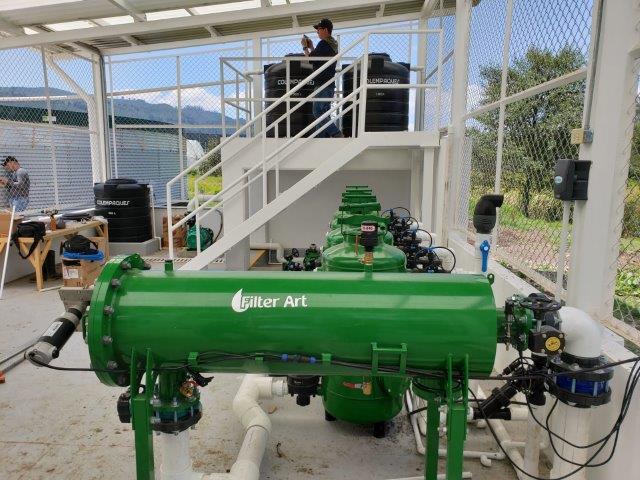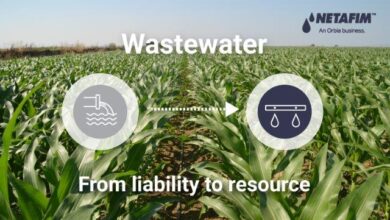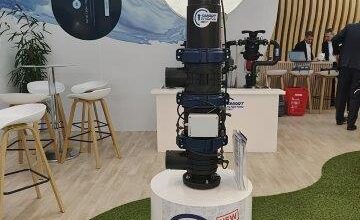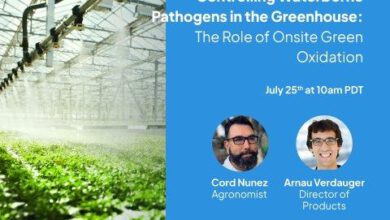Plant Parasitic Nematodes (PPN’s) are among the most widespread pests, and have the highest economic implications on crops and growers. PPN’s management involves a few aspects which all need to be considered as control methods: soil, water and plant concerns. Although PPN’s are soil (root) born, species such as Root-knot nematodes are spread primarily by water.
PPN’s damage is characterized with poor growth which results in a dramatic decline of crop quantity and quality. Research done in the Netherlands on affected roses has shown growers reporting production losses of up to 40%.
In addition to those immediate concerns, nematodes provide an entry for other pathogens. Thus, crop resistance to fungi, viruses and bacteria is considerably decreased.
A common method is to apply nematicides in order to control soil nematode population. Yet, soil can be disinfected but if water is contaminated with nematodes soil disinfection doesn’t provide a comprehensive solution.

Filter Art- nematodes Control.
.jpg)
Mature female with developing egg mass Mature M. incognita female with developing egg mass 24 days after root penetration by J2.
Filter Art offers a new nematode control method, eliminating nematode cysts and J2’s from irrigation water or drainage water in soilless cultures; using Filter Art enables growers to use nematode contaminated water sources and recycle 100% of greenhouse irrigation water or all contaminated surface water.
Filter Art offers a new tool for Nematode Control in Hydroponic, Soil-Less and Open Field Farming. Technology was validated during development stage via cooperation with global agricultural research centers and installed units on field have already reported close to 100% of root-knot nematodes removal, making their irrigation water nematode-free.
Plant-parasitic nematodes are of major social and economic importance as it is estimated to be responsible for a reduction of the global food production by ≈13%. The advent of large phylogenetic frameworks has shed light on the evolution of plant parasitism within this group of animals.
Water is not the natural habitat of plant-parasitic nematodes. Irrigation water becomes contaminated only incidentally along its pathway from its source.
Filter Art is a water management solutions provider established in 2014. The company is developing pest filtration from irrigation water based on innovative physical separation technology in applications ranging from greenhouse and soil-less agriculture to open field large Agri-projects. Each pest treatment solution is customized to the customer’s specific application in order to offer a clear value to their bottom line.
Filter Art’s proven experience through few dozens of filters in several challenging countries in the world, makes the company’s experts confident in their ability to deal with any water quality, flow rate or foot print.





